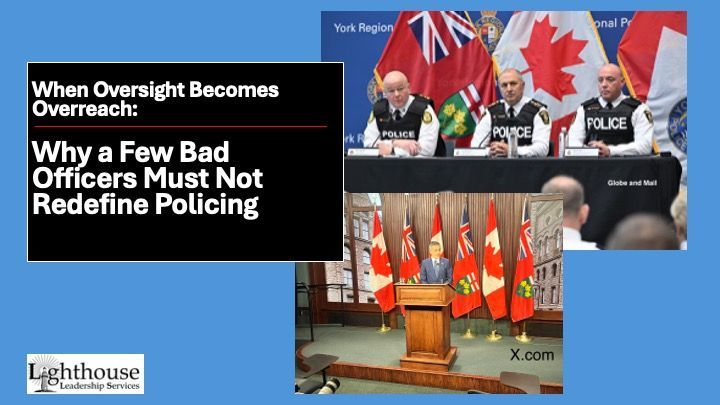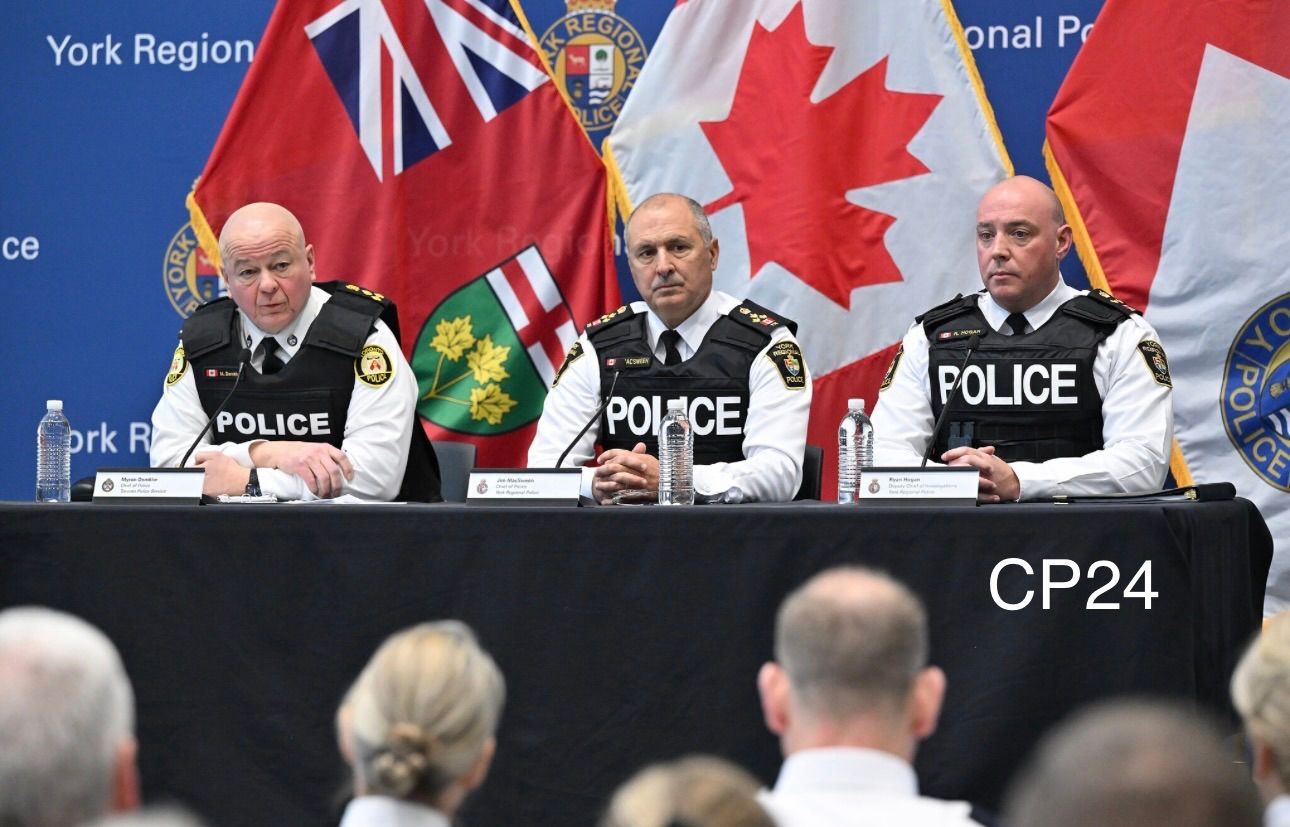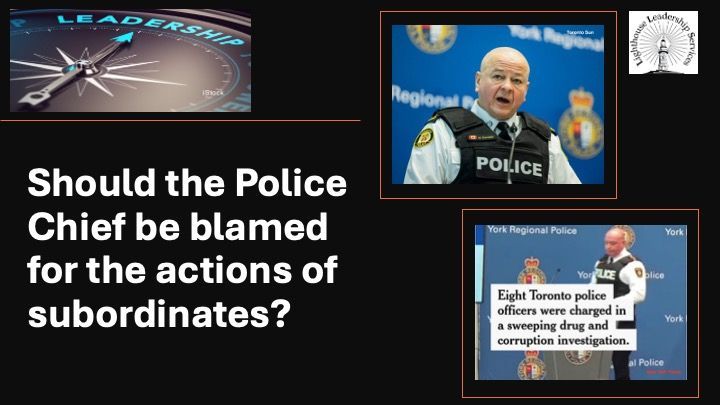New Paragraph

I didn’t agree with the legalization of Canada’s marijuana legislation from inception. Although I supported “decriminalization” for small amounts, for a host of reasons I thought – and still maintain -- that legalization was a disaster from the get-go.
[October 5, 2015 Op-Ed: Decriminalization versus legalization of pot]
I believe that the vast majority of police leaders in this country felt the exact same way.
Despite law enforcement concern, legalization is upon us. Time and honest analysis will eventually determine who was on the right side of this experiment.
In the meantime, Canada’s police services, their leaders and their associations are struggling with related policy issues as to whether or not officers can use marijuana at all, and if so, how long before an officer’s tour of duty they are able to use the drug.
Policies vary from A to Z, with some services declaring a total prohibition for officers from using pot either on duty or off, to some ordering that officers cannot smoke or eat this stuff for time periods varying from 28 days to 24 hours prior to duty, to policy that they must simply report for work “fit for duty” (legally sober).
We all know it’s simply a matter of time before officer marijuana use becomes an issue in a police use of force investigation or during evidence presentation in legal proceedings, but those are bridges yet to be crossed. Having said that, prohibiting the use of a legal product by officers while off duty seems like a legal challenge waiting to happen. I do not see that position as reasonable, practical or defendable. But where should the line be drawn in terms of the use of pot by an officer and his/her eventual reporting for work to protect the public they are sworn to serve?
I’m not marijuana expert. I can’t quote research and stats about the long term effects of marijuana use on the human brain. But I do know what I have seen during my 61 years on this earth, including 36 years as a police officer. Marijuana does have both short and long term effects on its users.
Marijuana generally affects people differently than alcohol. Sadly many people suffer from the effects of long-term use of alcohol, including alcoholism. A number of people will disagree, but marijuana is addictive as well. Undoubtedly there are people walking and driving around this world in a complete fog as a result of their decades of marijuana use.
Many experts agree that the regular use of marijuana brings an increased risk of psychotic disorders, including hallucination and paranoia. A number of experts also agree that marijuana use by younger people increases the risk of them having a lower IQ later in life. These are but a few of what I believe are the commonsense arguments against the complete legalization of this drug. But I digress.
Expert opinions vary regarding the period of time that the consumption of pot will negatively affect work performance. In my perfect world, no law enforcement officer would use marijuana, ever. Ideally, no cop would drink alcohol; smoke cigarettes; eat fattening foods; have marital problems; face personal mental or physical health issues; or get PTSD. In that perfect world they wouldn’t have to risk their lives or get punched or spit on either. But that is not the world in which they live and work.
The reality of life is that police services hire human beings. “Robocop” was only a movie and police only use robots in extremely high-risk activities like bomb disposal.
For the most part, they also only recruit mature adults who are then highly trained and issued firearms and granted extraordinary powers – including the authority to take lives in specific situations.
Like it or not, our current elected government has made pot a legal consumable. From here on in, police leaders must treat its consumption by officers like they do alcohol. Cops can’t consume alcohol on duty except in special circumstances – like working undercover or when attending sanctioned events. They shouldn’t be allowed to smoke a joint at work either.
Officers must report for work being “fit for duty”. That includes not being impaired by alcohol or drug – prescription, over the counter and/or pot.
They can’t carry alcohol around with them in their pockets or briefcases at work or have it in their lockers. It makes total sense to similarly apply that rule to marijuana in the new legalized pot world in which we live.
As a related note, perhaps it’s time to revisit the implementation of random drug-testing on emergency services personnel. Unless legislation is passed, such a move by organizational leaders will undoubtedly result in bargaining group and contract negotiation challenges, but so be it.
Regardless, let’s keep the rules simple, reasonable and realistic. Then lets trust these adults to do what is right and subsequently deal with the few that don’t play by the rules – through due process.




